Tag: habits
-
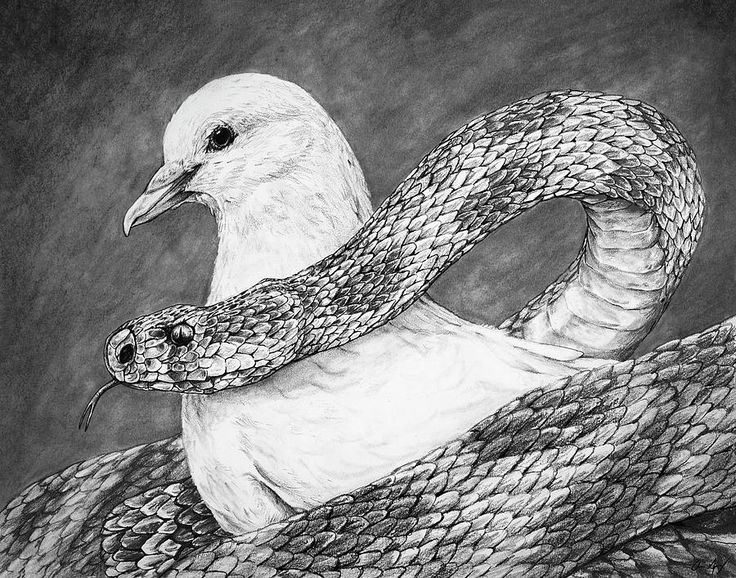
Counsels of the Wise, Part 4: Preliminary Instruction in Prudence
How does a person become wise? What are the proper ingredients in an educational paradigm aimed at prudence? Where would we even begin? So much of K-12 education seems to have nothing to do with practical wisdom, as Aristotle defines it. How do we recover the classical goals of wisdom and virtue in earnest, and…
-
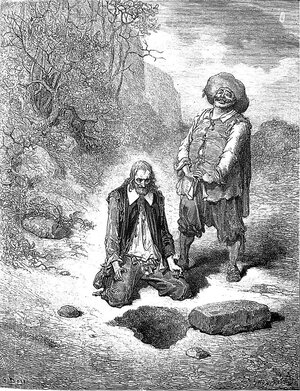
Virtue Formation and Rightly Ordered Loves
The cultivation of virtue is unarguably a core objective in the classical vision for education. In contrast to knowledge acquisition or skills mastery, growing virtue in our students is about strengthening their internal moral structure. It is fundamentally a project of formation, changing a person for the good in pursuit of it. Interestingly, Augustine of…
-
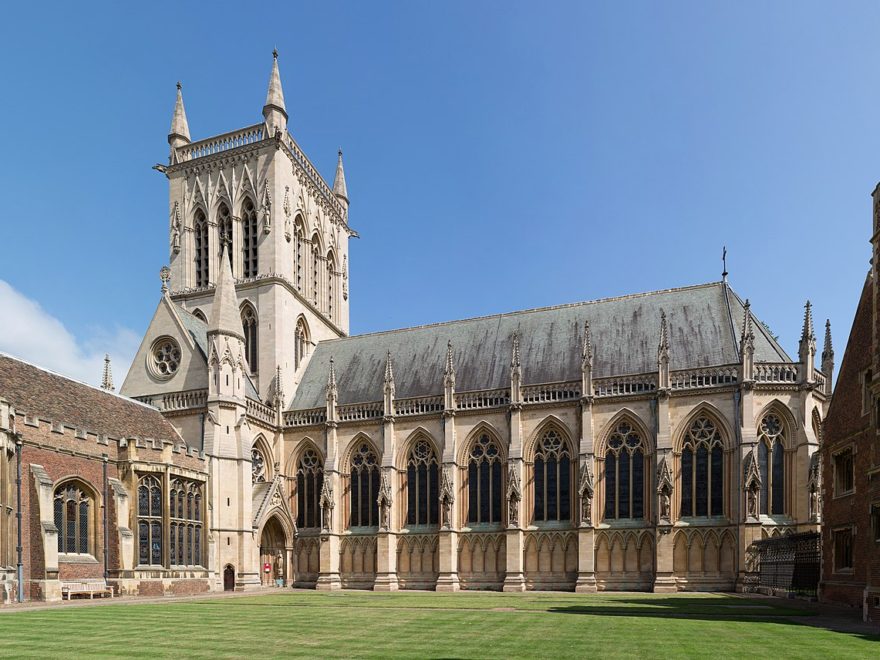
Counsels of the Wise, Part 3: The Practical Nature of Prudence
In this series we are recovering several lost goals of education by exploring Aristotle’s intellectual virtues as replacement learning objectives for Bloom’s taxonomy. Prudence or practical wisdom (phronesis) is one such lost goal, which is endorsed by the biblical book of Proverbs and the New Testament, even if Aristotle’s exact terminology is not adhered to.…
-

“Education is a Life”: Igniting a Love for Learning in the Classroom
“’Education is an atmosphere, a discipline, a life’––is perhaps the most complete and adequate definition of education we possess. It is a great thing to have said it; and our wiser posterity may see in that ‘profound and exquisite remark’ the fruition of a lifetime of critical effort (Charlotte Mason, Parents and Children, p. 33).…
-

“Education is a Discipline”: Virtue Formation in the Classroom
“’Education is an atmosphere, a discipline, a life’––is perhaps the most complete and adequate definition of education we possess. It is a great thing to have said it; and our wiser posterity may see in that ‘profound and exquisite remark’ the fruition of a lifetime of critical effort (Charlotte Mason, Parents and Children, p. 33).…
-

Practicing Peacefulness: Beginning the School Year in the Right Frame of Mind
With the start of school just around the corner, teachers are gearing up for another year. As usual, summer break has gone by too fast. And yet, at the same time, the attraction of new beginnings lures them back to the classroom. There is something about a fresh start that energizes, awakens, and inspires. How…
-

Irrigating Deserts in Schools: The Redemption of Emotion in an Age of Feeling
In a world of sensationalistic news, propaganda, and emotions running in overdrive, our students need specialized training in how to navigate life’s challenges with wisdom. Dorothy Sayers and C.S. Lewis, two favorites in the classical education renewal movement, offered different, but related, educational solutions to respond to emotive and misleading propaganda. Dorothy Sayers, known for…
-

Educating in Desire for the Kingdom
In the Christian, classical renewal movement we often draw the distinction between an education focused on information and an education focused on formation. Education in information focuses on the dissemination of facts, critical thinking skills, and beefing up the intellect, while education for formation prioritizes the process of developing a certain type of person. Both…
-
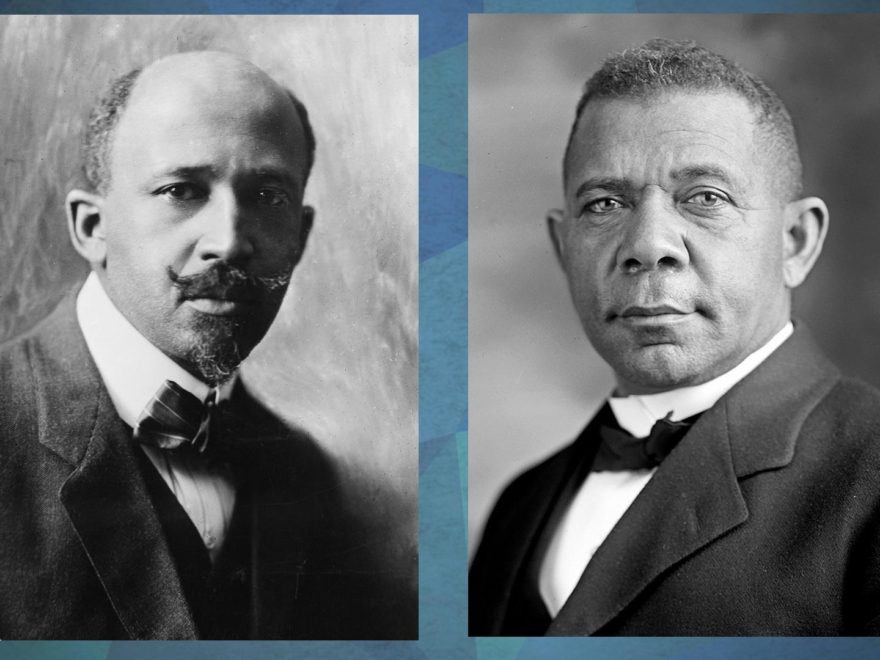
Educating to Transform Society: The Washington-DuBois Debate
The year was 1895. Two momentous events occurred that year that would lead to a heated rivalry between Booker T. Washington and W. E. B. DuBois. The first event was the death of Frederick Douglass on February 20th of that year. He was the leading black figure of the time, speaking and writing with a…
-
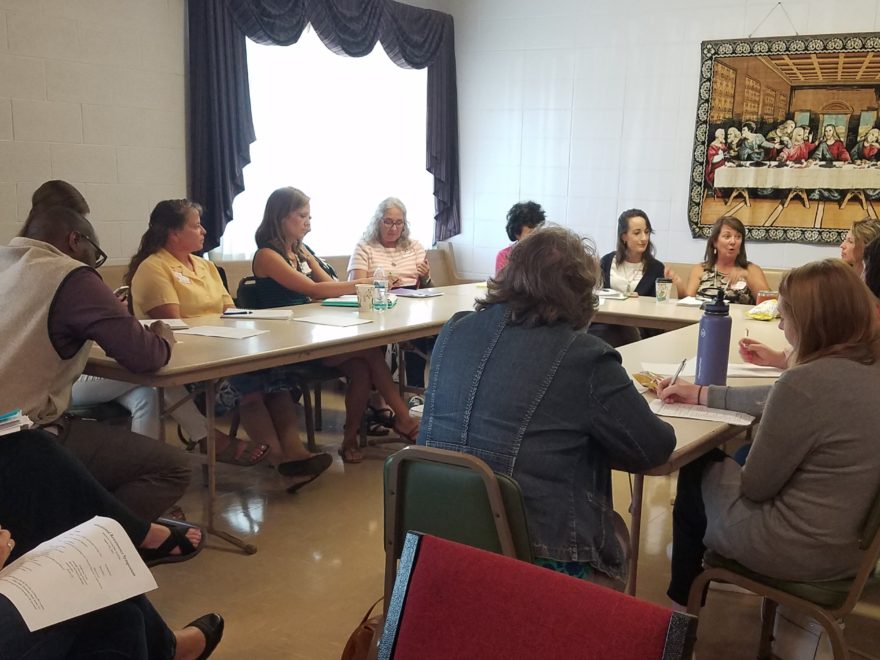
The Educational Renaissance Symposium 2021: A Digest
On Wednesday, August 4th we had our first annual Educational Renaissance Symposium hosted by Coram Deo Academy in Carmel, Indiana. It was exciting to welcome over sixty participants who heard keynote addresses from Educational Renaissance authors as well as attended great workshops by a variety of guests. The Symposium is a different kind of convention,…
